Exotic pets are becoming increasingly popular in the UK. But with this trend comes a host of serious concerns that every potential pet owner needs to be aware of.
The Surge in Exotic Pet Ownership
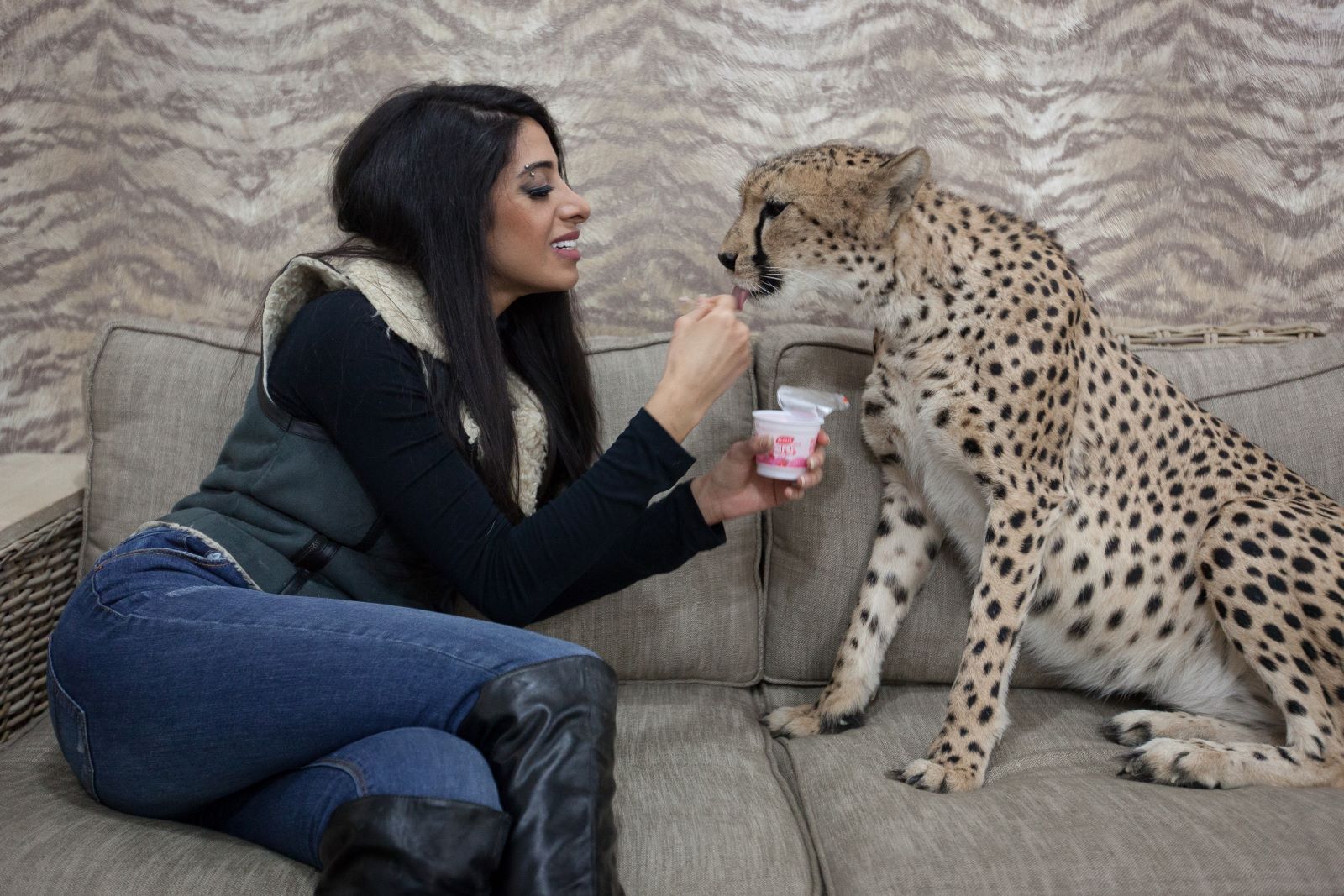
The UK has seen a dramatic increase in exotic pet ownership. According to Born Free, nearly 4,000 dangerous wild animals, including big cats, primates, and venomous snakes, are being kept privately under licenses. This trend has raised serious concerns about public safety and animal welfare.
Popular Exotic Pets: A Growing Concern
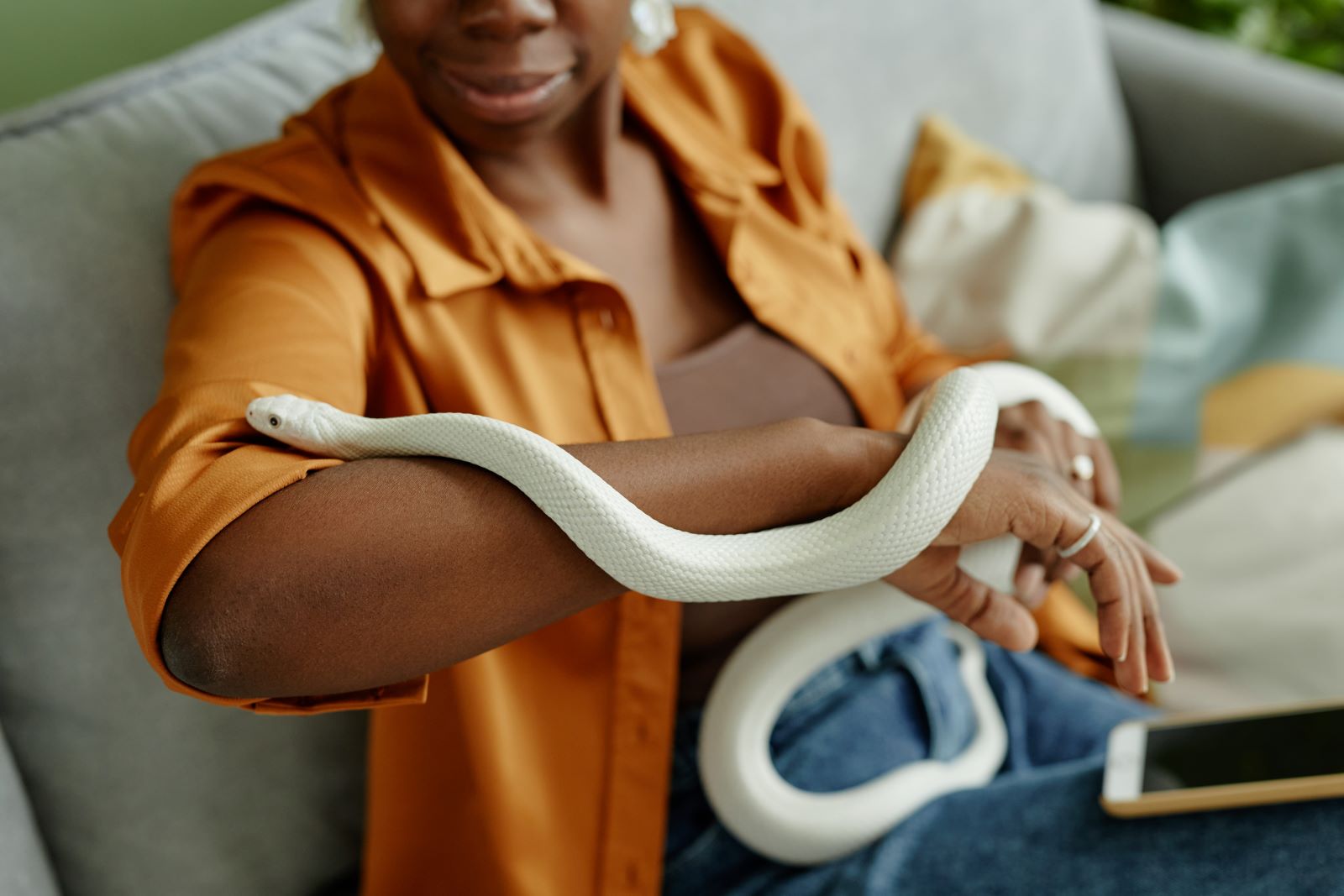
Venomous snakes, wild cats like servals, and large reptiles are among the most commonly kept exotic pets. These animals are not only challenging to care for but also pose significant risks if they escape or are mishandled. The popularity of these pets is often driven by social media influencers, leading to a surge in ownership despite the inherent dangers.
Legal Implications and Restrictions
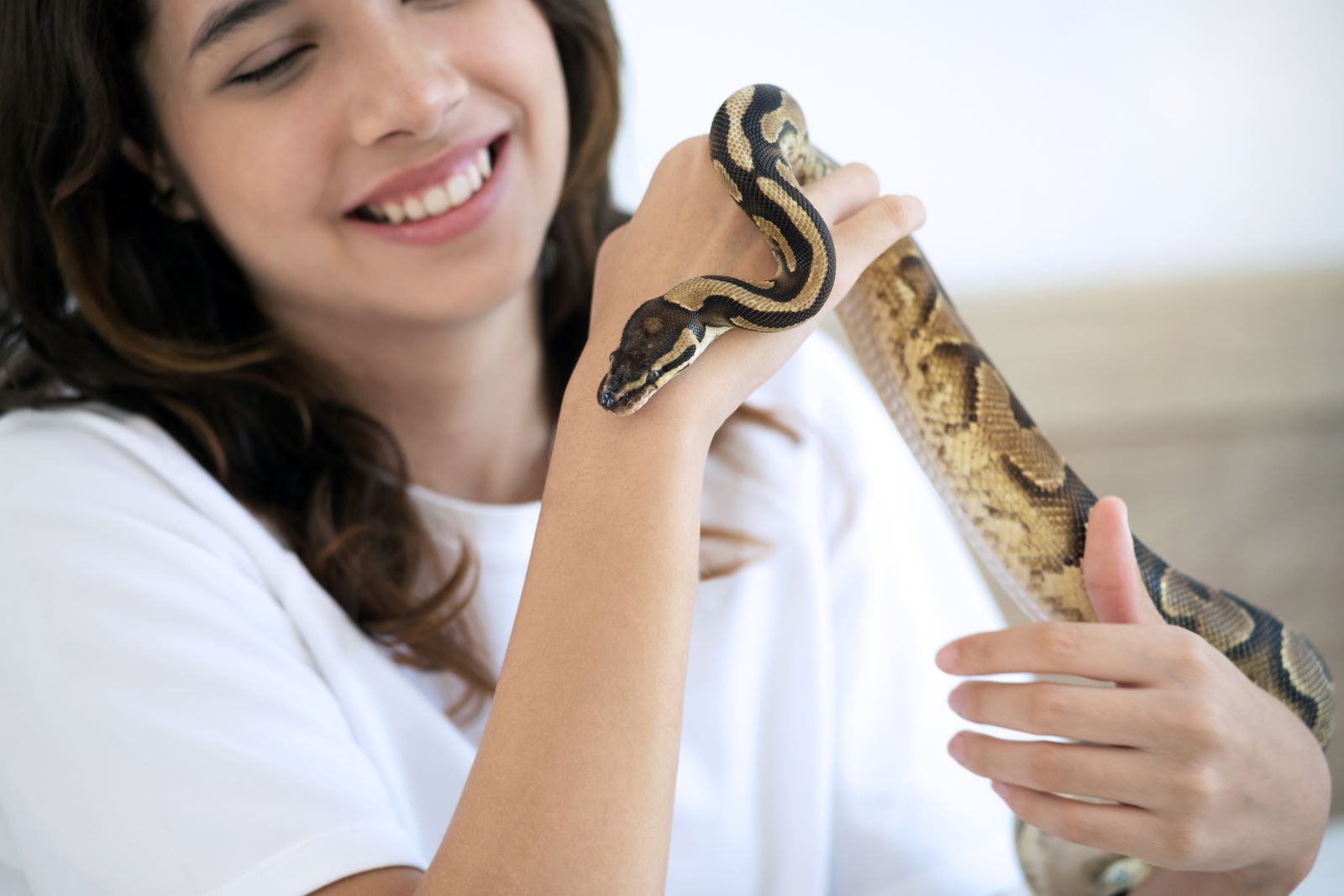
The Dangerous Wild Animals Act 1976 requires that owners of certain exotic pets obtain a license. However, this legislation is outdated and often fails to cover all potentially dangerous species. For instance, large constrictor snakes and certain venomous reptiles are not adequately regulated, posing risks to both the animals and the public.
Health Risks to Humans
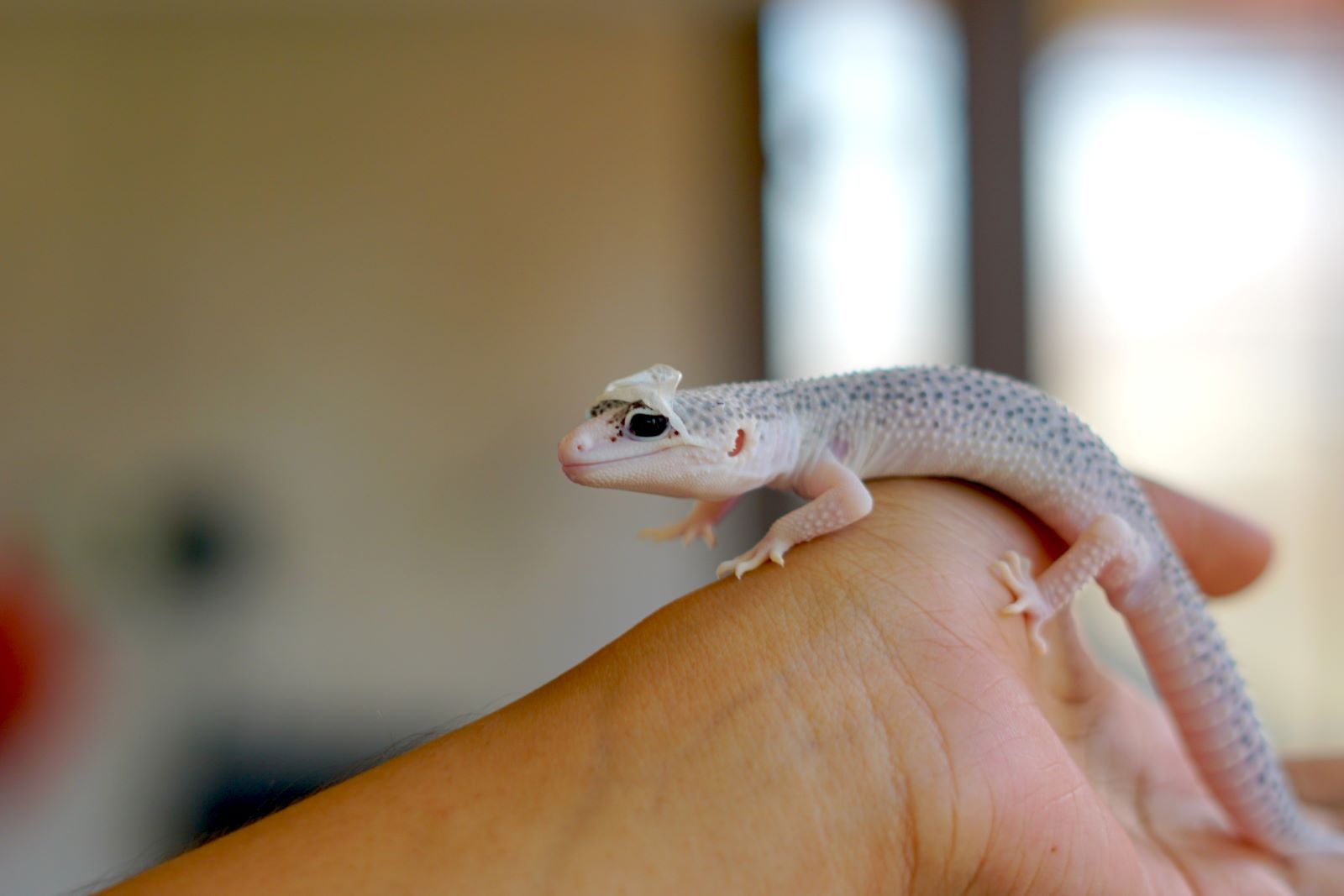
Exotic pets can carry diseases that are transmissible to humans. Public Health England reports that over 200 cases of Salmonella infections annually are linked to pet reptiles. Children are particularly vulnerable, with incidents of severe infections and injuries from exotic pets being alarmingly common.
Environmental Impact
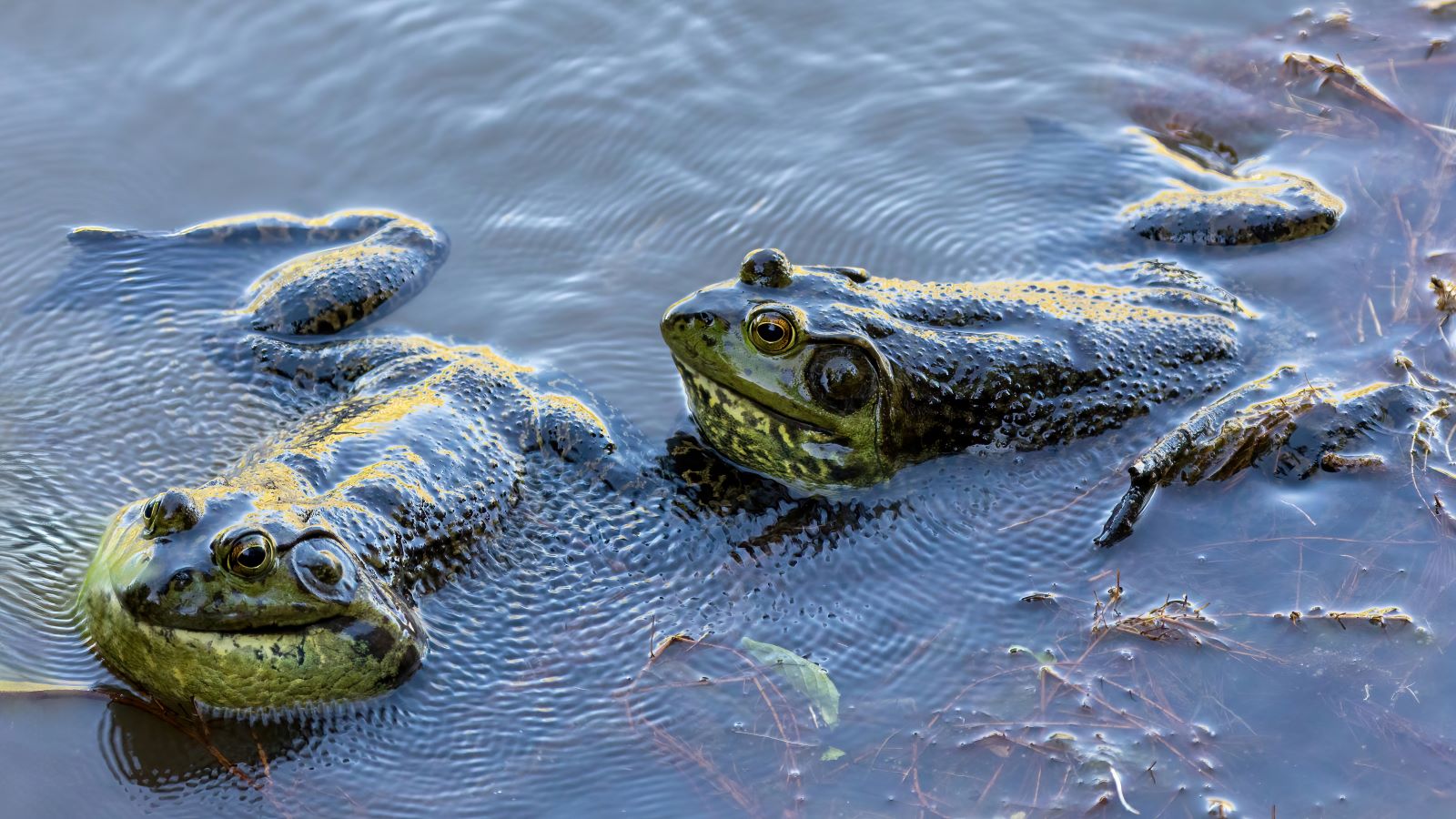
Releasing exotic pets into the wild can disrupt local ecosystems. Species such as the red-eared terrapin and American bullfrog have become invasive, threatening native wildlife. This negligence can have devastating long-term environmental consequences.
Emotional and Psychological Well-Being
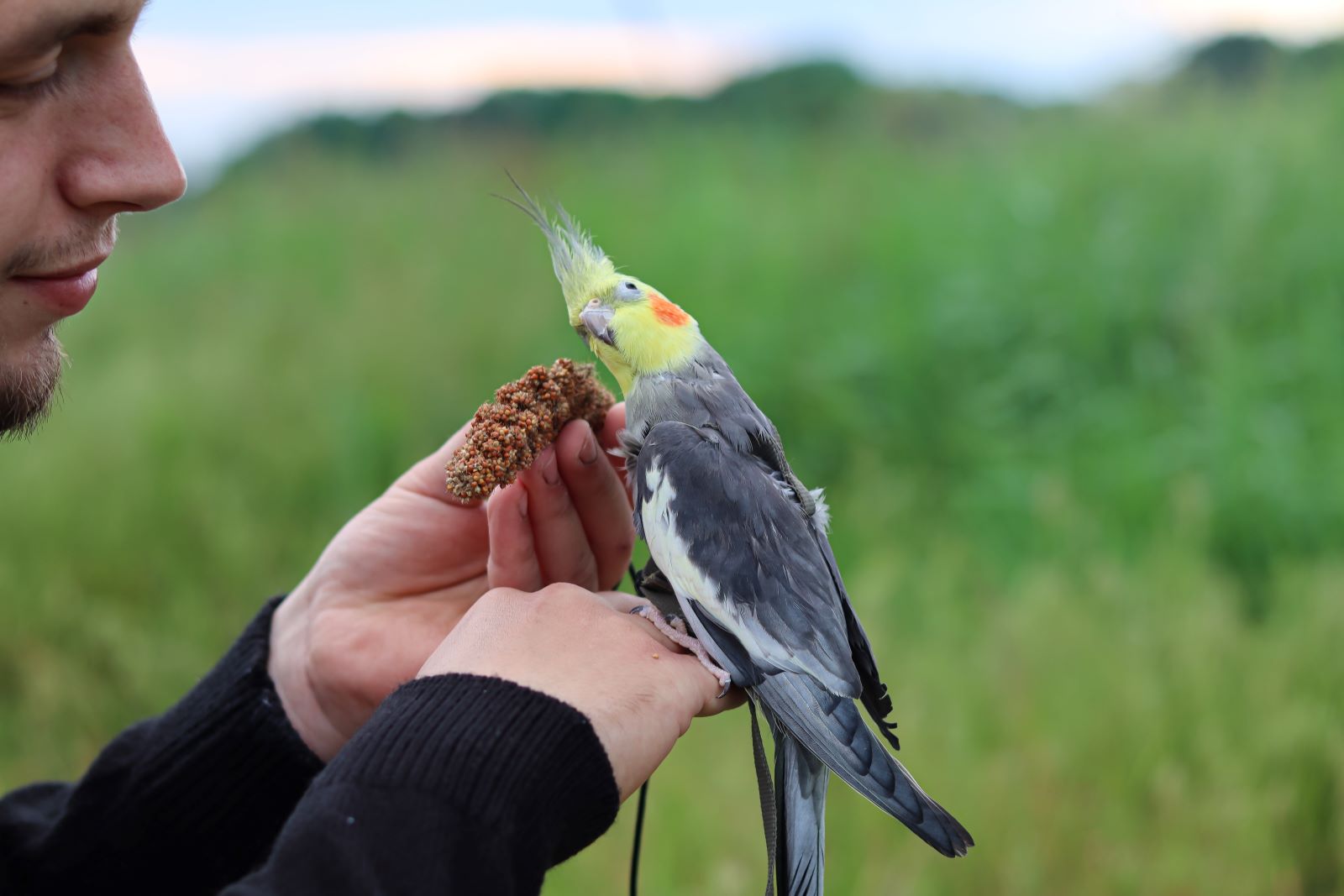
Exotic pets often suffer in captivity due to inadequate environments. Many owners are unable to meet the complex needs of these animals, leading to stress, anxiety, and premature death. Studies show that 70% of captive exotic birds display signs of psychological distress.
Financial Burden
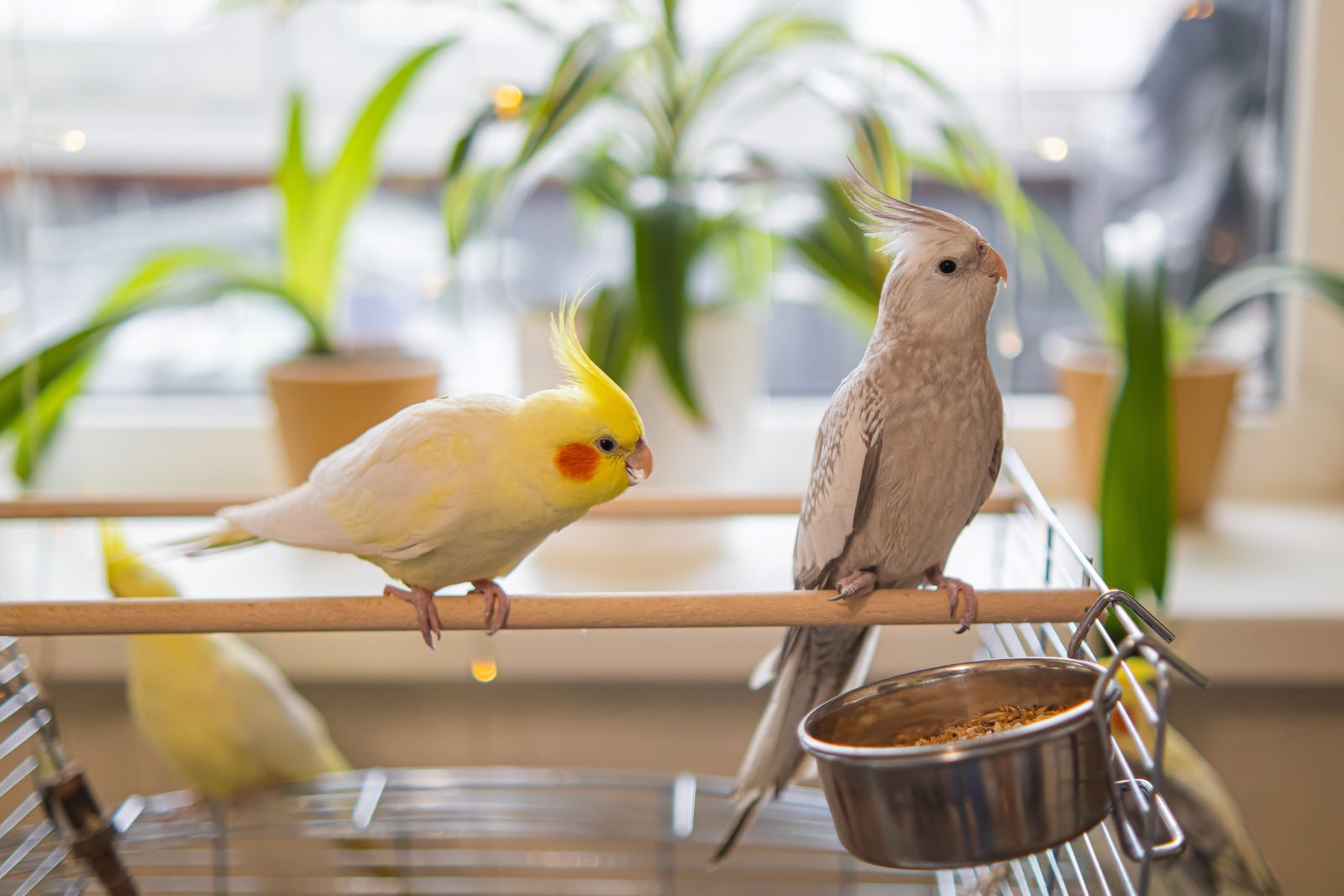
The cost of caring for exotic pets is significantly higher than for common pets. The PDSA estimates that the annual cost of owning a reptile can exceed £1,500, considering housing, heating, and specialised veterinary care. This financial burden often leads to neglect and abandonment.
Inadequate Veterinary Care

Most UK vets are not trained to treat exotic animals. A British Veterinary Association study found that only 20% of vets feel confident treating exotic pets, resulting in inadequate medical care and increased suffering for these animals.
Longevity and Commitment
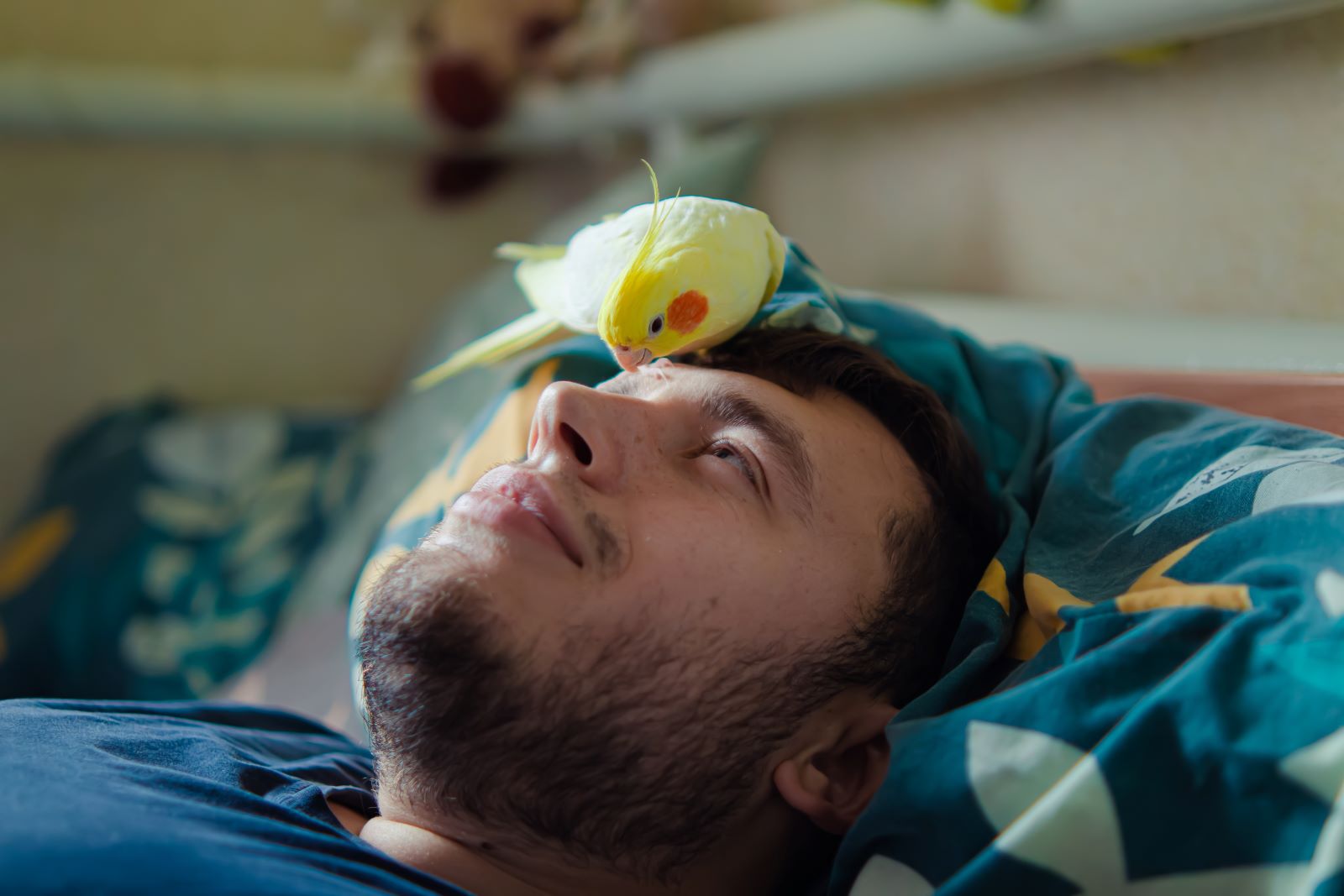
Exotic pets often have long lifespans. Parrots can live up to 80 years, and tortoises can exceed 100 years. This long-term commitment is often underestimated, leading to the pets being rehomed multiple times or abandoned.
Ethical Considerations
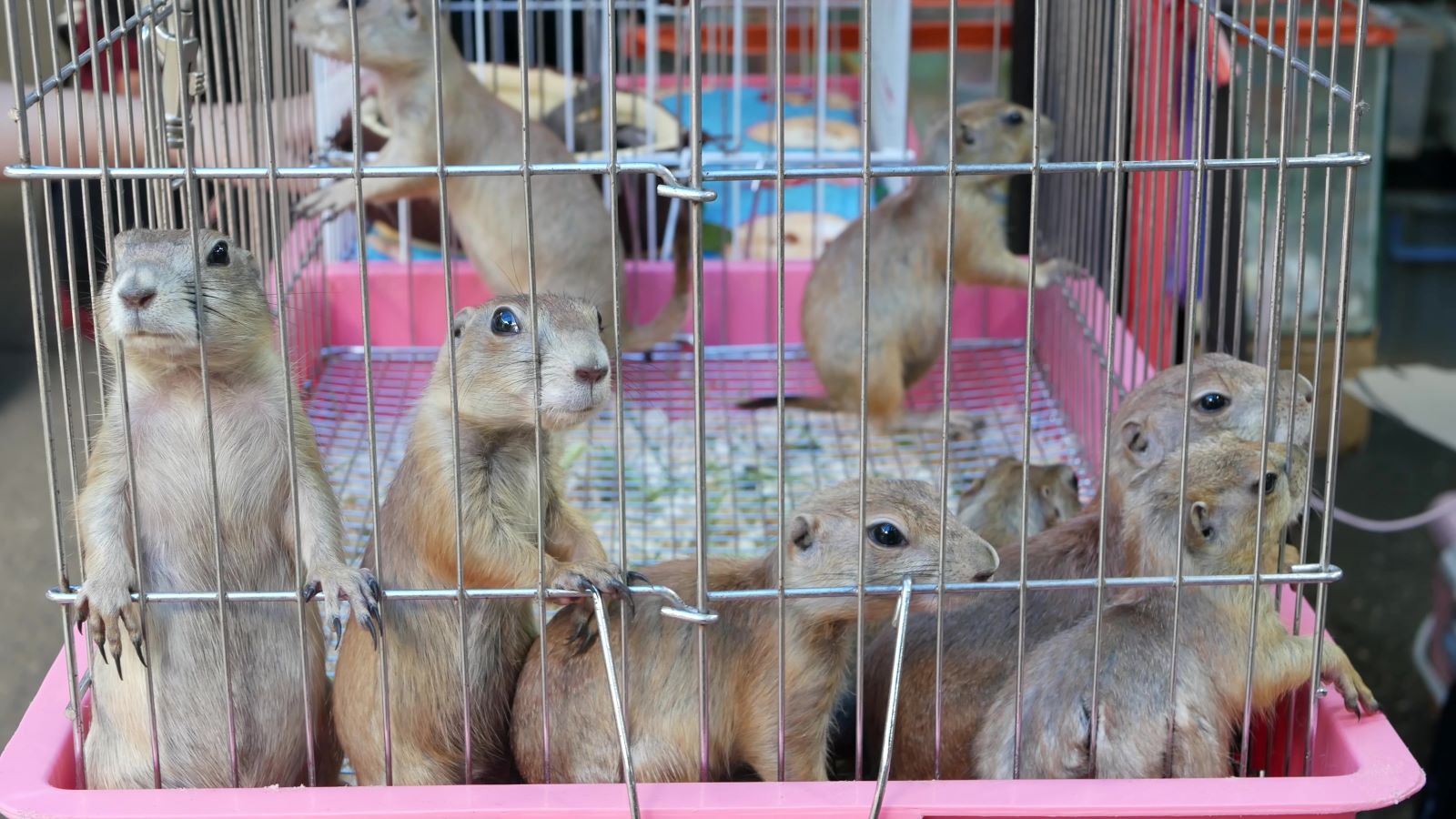
The exotic pet trade is rife with unethical practices. Many animals are captured from the wild, leading to population declines and suffering during transport. Buying an exotic pet often supports this cruel industry, contributing to the exploitation of vulnerable species.
Lack of Social Interaction
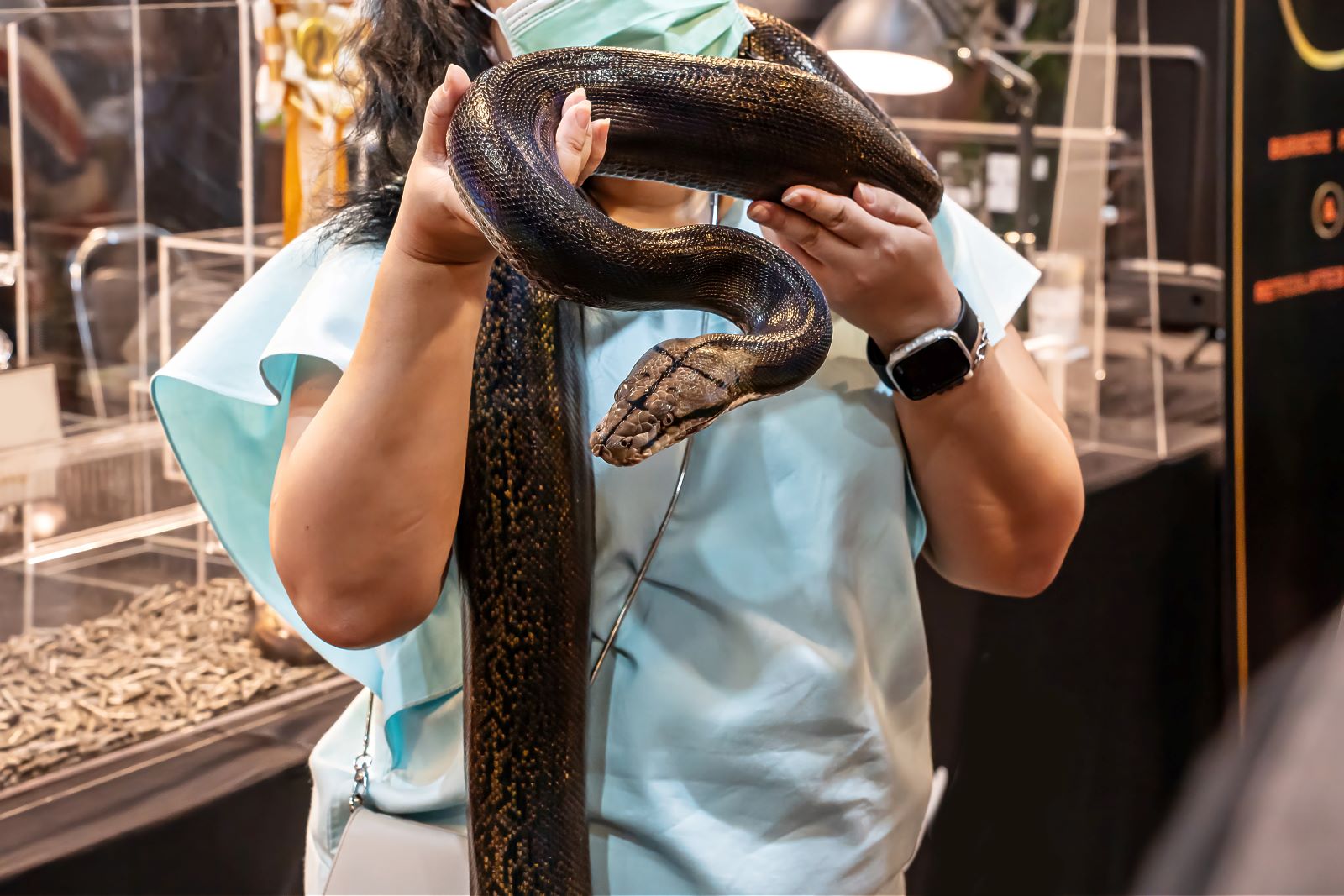
Exotic pets, such as snakes and lizards, do not provide the same companionship as cats or dogs. They require specific conditions and do not interact with humans in a meaningful way, often leading to a lonely existence for the pet and the owner.
Potential for Aggression
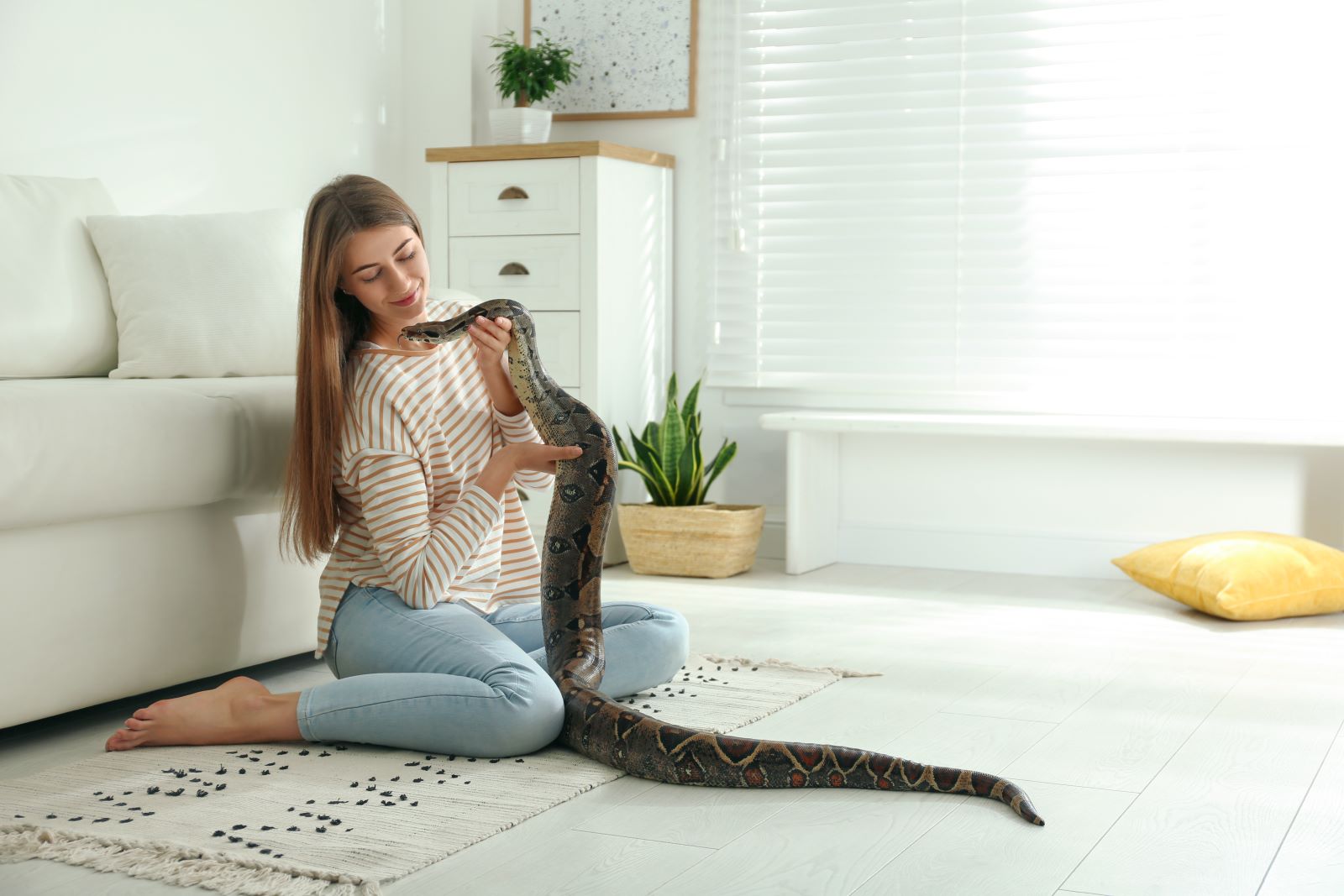
Exotic pets can be dangerous. Large reptiles like pythons and wild cats can be aggressive, posing significant risks to families and neighbours. There have been numerous incidents where escaped pets have injured or even killed people. For example, a python in Canada killed two young boys, Connor and Noah Barthe, aged six and four, after escaping its enclosure.
Public Safety Concerns
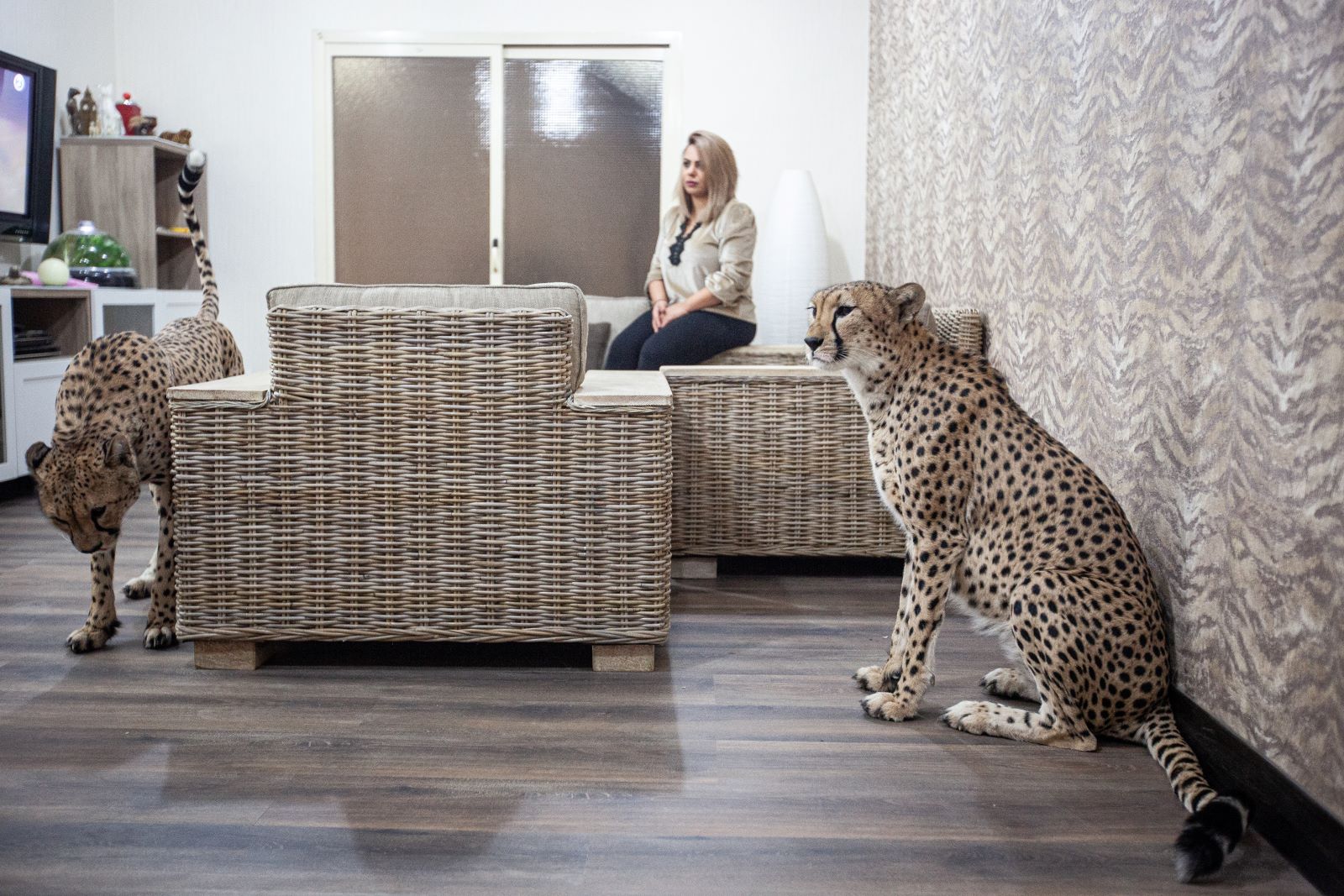
Escaped exotic pets pose serious public safety hazards. Incidents of escaped snakes and big cats are not uncommon, with some leading to severe injuries or fatalities. In one case, a pet python killed a toddler, highlighting the extreme risks these animals pose.
Inadequate Housing
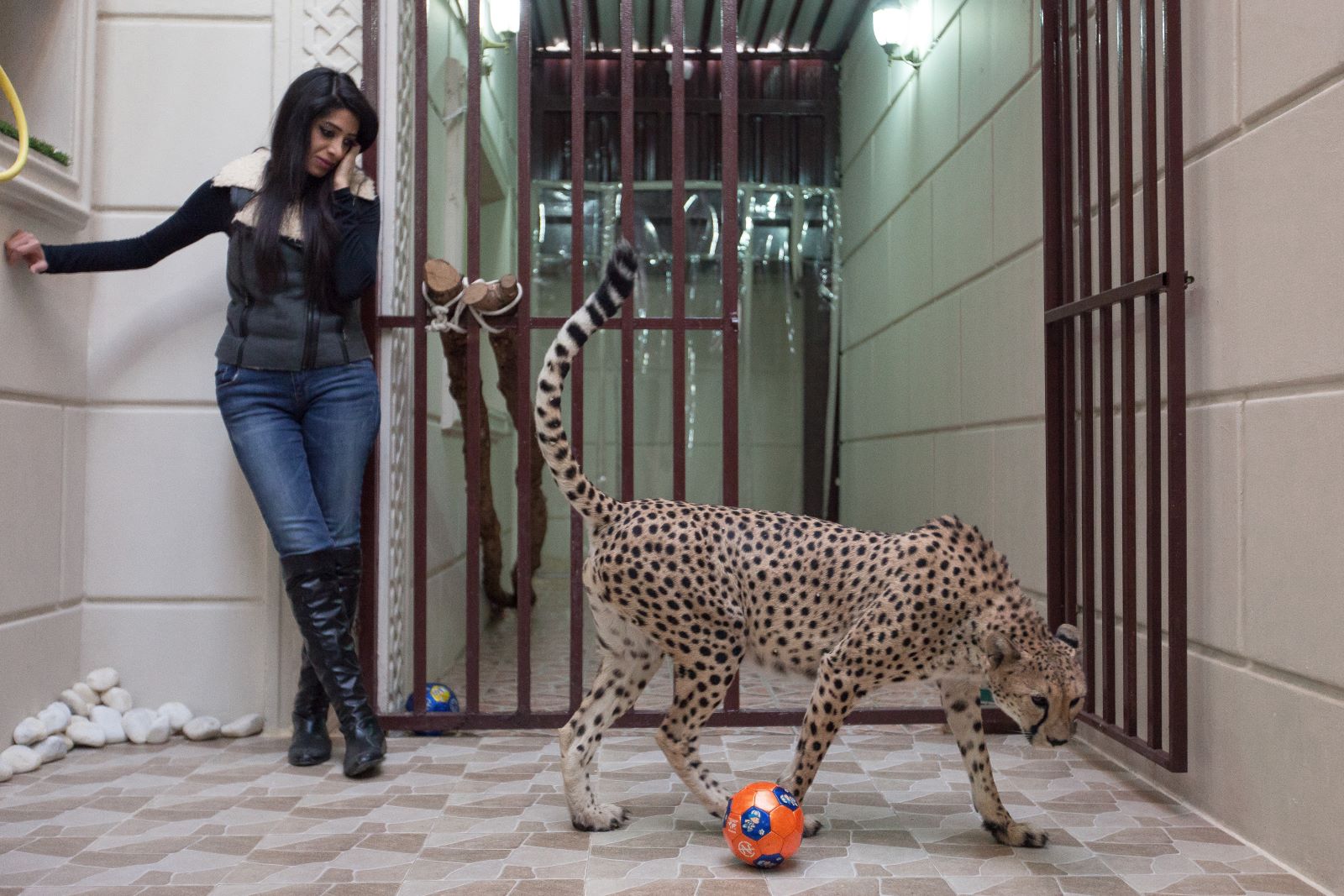
Exotic pets require large, complex environments that mimic their natural habitats. Few people can provide this, leading to cramped and unsuitable living conditions. This often results in poor health and a shortened lifespan for the pet.
Dietary Needs
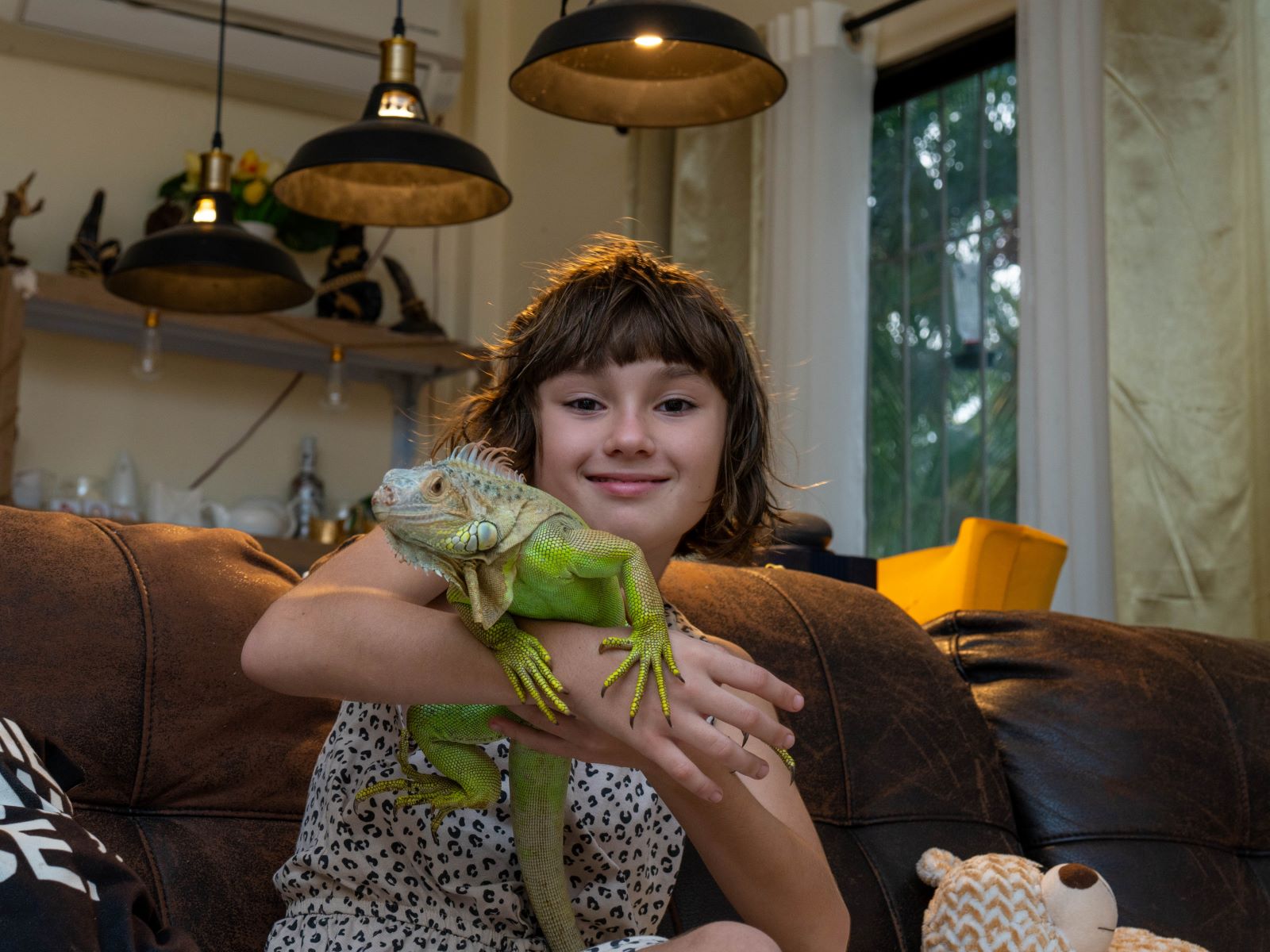
Exotic pets have specific dietary requirements that are difficult to meet. For example, iguanas need a varied diet of fresh greens and fruits. Many owners fail to provide proper nutrition, leading to severe health issues.
Legal Consequences of Neglect

Failing to meet the needs of exotic pets can result in legal consequences under the Animal Welfare Act 2006. Neglect can lead to fines, bans on owning animals, and even imprisonment. These legal repercussions are serious and often overlooked by potential exotic pet owners.
Risk to Other Pets

Exotic pets can pose a threat to other household pets. Predatory animals may see smaller pets as prey, leading to tragic outcomes. This risk is a significant concern for families with other pets.
Responsibility and Guilt
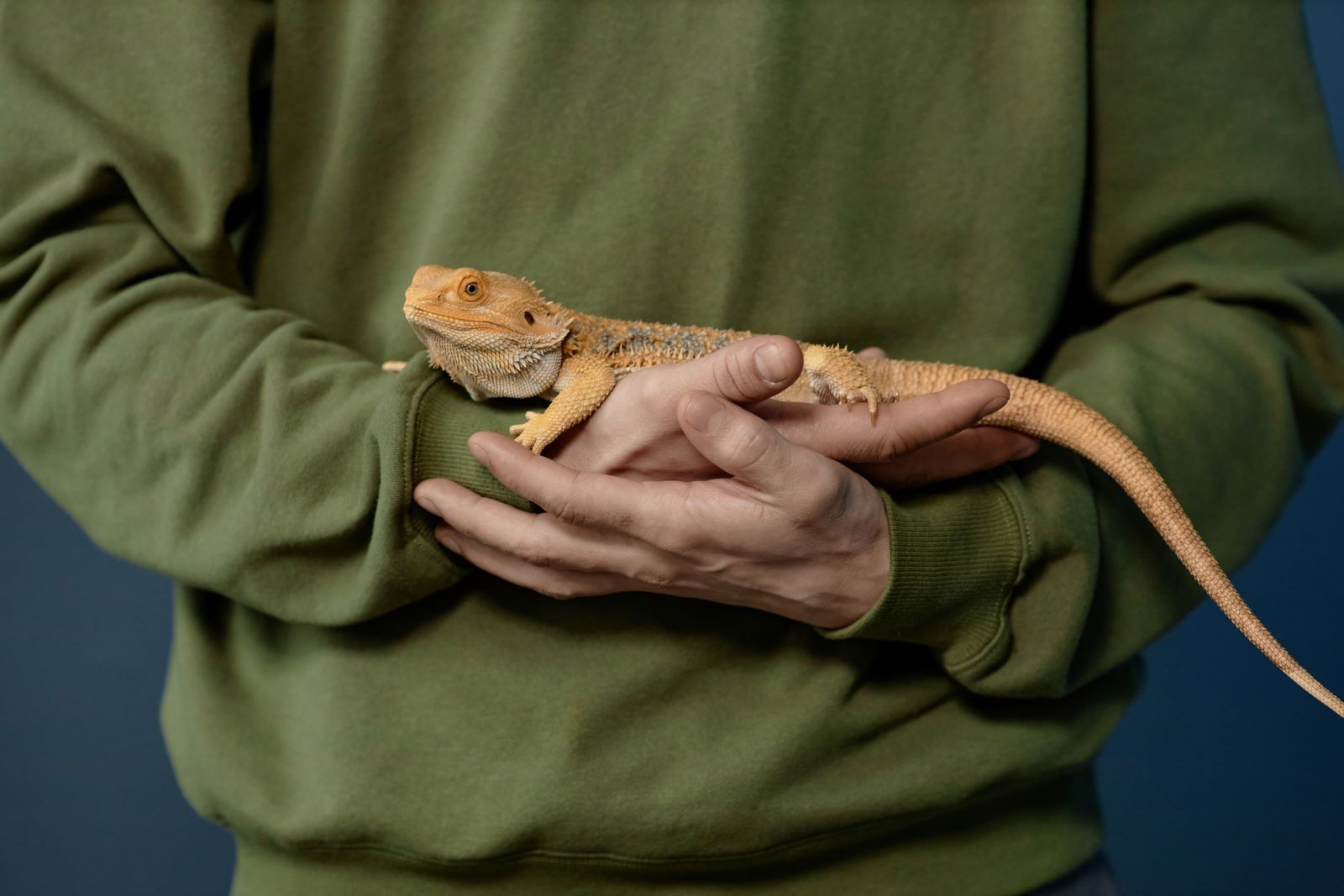
It’s time to question the trend of exotic pet ownership. These animals are not just status symbols or novelties; they are living beings with complex needs. The inability to meet these needs leads to suffering and guilt.
Weigh Up the Risks
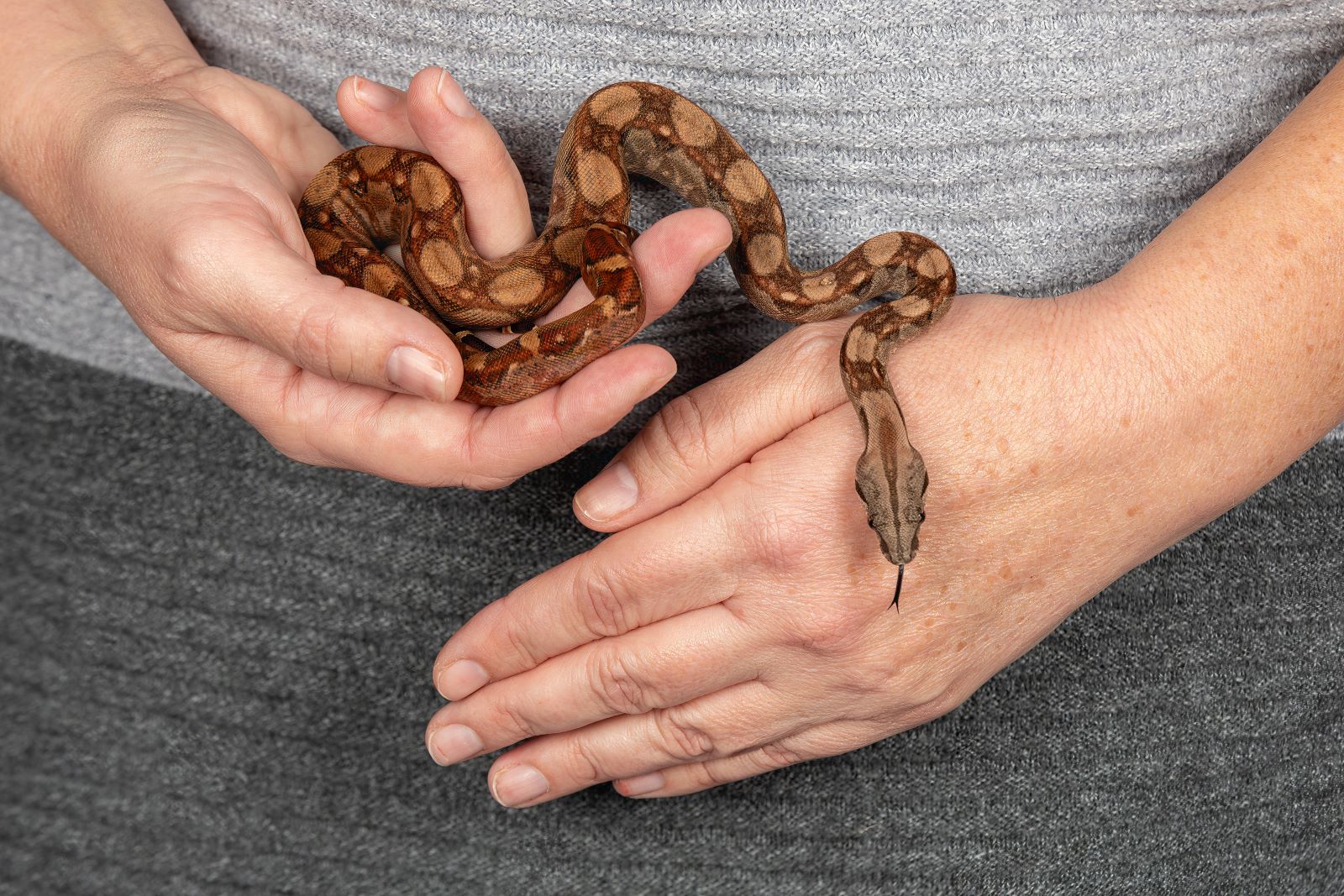
Considering an exotic pet? Think again. The dangers and responsibilities are immense. Stick to pets that you can properly care for and that won’t endanger your community.
Featured Image Credit: Shutterstock / New Africa.
For transparency, this content was partly developed with AI assistance and carefully curated by an experienced editor to be informative and ensure accuracy.

